“This project was really exciting for me, because it brought the process of discovery to life, and it showed me that anyone, and I mean anyone, has the potential to discover something new, and that a small question can lead into a big discovery. Changing the way a person thinks about something can be easy or hard. It all depends on the way the person feels about change. But changing the way I thought about science was surprisingly easy. Once we played the games and then started to think about the puzzle, I then realized that science isn’t just a boring subject, and that anyone can discover something new. You just need an opportunity. My opportunity came in the form of Beau, and the Blackawton Bee Project.”
These are the words of Amy O’Toole, twelve year old published scientist, speaking at a TED Conference back in June of this year. The Beau to whom she refers is Beau Lotto, artist and neuroscientist, who focuses on perception and challenging perceptions. This fifteen minute talk is well worth the time and I highly encourage you to watch. I will outline some of Beau’s premise here but hearing how this group of 8-10 year olds generated questions, designed and conducted an experiment, and wrote and published their findings is inspiring and eye-opening. As Dale Purves, one of the leading neuroscientists in the world remarked, “The is the most original science paper I have ever read and it certainly deserves wide exposure.” Wow. Just wow.
Points of Beau Lotto’s premise:
Experiments are play.
Science is a way of being.
Both science and play (and any creative venture) have these points in common. They…
- celebrate uncertainty.
- are adaptable to change.
- are open to possibility
- are cooperative.
- are intrinsically motivated.
The process of making art and the process of doing science are both forms of play and important means of learning. They allow us to embrace uncertainty, safely ask questions and value “mistakes”, and help us to begin to see the world differently. Allowing ourselves and our students to ask “what if?” is a key to authentic discovery and truly exciting and empowering learning. Enjoy the TED Talk!


